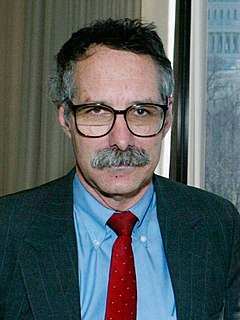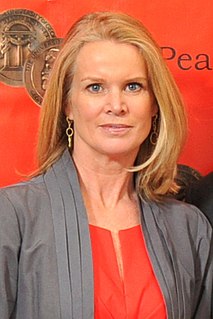A Quote by Annalee Newitz
In the 1970s, as historians became enchanted with microhistories, economists were expanding the reach of their discipline. Nations, states and cities began to plan for the future by consulting with economists whose prognostications were shaped by investment cycles rather than historical ones.
Related Quotes
Fifty years ago, historians advised politicians and policy-makers. They helped chart the future of nations by helping leaders learn from past mistakes in history. But then something changed, and we began making decisions based on economic principles rather than historical ones. The results were catastrophic.
Probably the only people left who think that economics deserves a Nobel Prize are economists. It confirms their conceit that they're doing 'science' rather than the less tidy task of observing the world and trying to make sense of it. This, after all, is done by mere historians, political scientists, anthropologists, sociologists, and (heaven forbid) even journalists. Economists are loath to admit that they belong in such raffish company.
It is often sadly remarked that the bad economists present their errors to the public better than the good economists present their truths. It is often complained that demagogues can be more plausible in putting forward economic nonsense from the platform than the honest men who try to show what is wrong with it.
Economics, over the years, has become more and more abstract and divorced from events in the real world. Economists, by and large, do not study the workings of the actual economic system. They theorize about it. As Ely Devons, an English economist, once said in a meeting: 'If economists wanted to study the horse, they wouldn't go around and look at horses. They'd sit in their studies and say to themselves, `What would I do if I were a horse?' '































